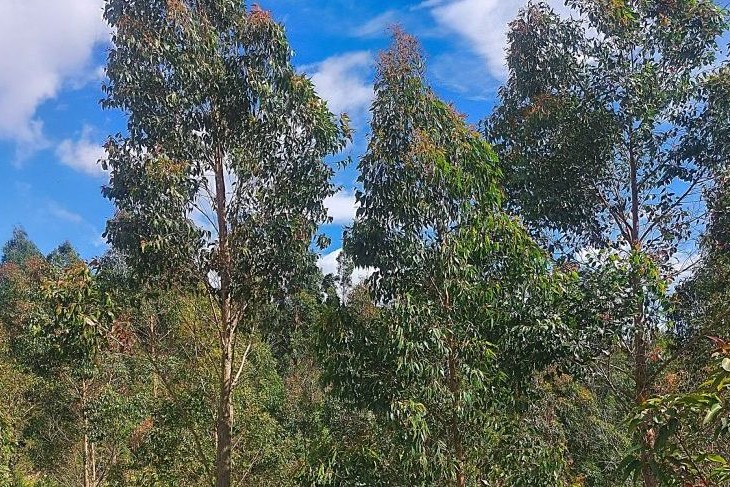Regen ag: Not as easy as claimed
Paul Burt has advice for proponents of regen ag.

Paul Burt has advice for proponents of regen ag.
Mr. Burt, I normally don’t waste energy on non-believers but you need to be challenged. Your continued negativity even makes it difficult to address this letter. I’m disinclined to begin with “Dear” but I imagine your type is not culturally prepared for Kia ora. It is tiresome to keep being told RA won’t cut the mustard (mustard is not part of our 37 variety seed mix). I can only conclude that you have a problem with change, yet your way of doing things has produced glaring examples of why change is so necessary.
Degradation of our waterways is in large part due to high stocking rates and leaching of phosphate and nitrate fertilisers. I can’t think of too many examples of desertification (degradation of dryland ecosystems) in New Zealand but there are lots overseas I could point to because of the practices of farmers like you. You’ve lost 50% of sheep farming income because you never progressed from selling raw wool by the tonne.
Mainstream agriculture doesn’t understand the regenerative push is not as a more productive alternative, it’s much greater than that. We are responding to what consumers are asking for and taking the story of food and fibre and its production through to that level. Your dismal failure with wool leads me to believe you have no concept of the term “psychological premium”. In an organic nutshell it is the extra money that can be enticed from the consumer because they are convinced the product and its production meets or exceeds their expectations. The holistic nature of our systems is what the modern consumer feels good about. I acknowledge we sometimes have a problem with our radical fringe but they are busy at the moment trying to rehome the Australian mouse plague. You have my sympathy, clinging to your treadmill while it slowly grinds away environmental, social and financial returns. I only hope you see the light in time.
Reg Agro.

Hi Reg, thank you for your insights. We could probably be good mates in another life because we are both passionate about the land although you probably don’t work it. We both care about the wider environment and in common with every other first world citizen we both over consume. The difference is that I am a realist. Agriculture has bigger forces at play than the science/art of nurturing plants and animals. For a start, there is social geography. The total area of land is fixed and the world population is growing. Then there is economics. The scarcity factor gives land a steadily increasing value which must be paid for. In addition, there is physics. Land is needed to produce food, food is energy and the building blocks of that energy must be kept in balance, it can’t be conjured from nothing. With the mounting implications of global warming we’ve forgotten that clean water and adequate food are more pressing needs for many. Can we afford feel-good production systems that don’t maximise output from increasingly scarce resources?
I assume your outputs are less than the conventional model because I have yet to see benchmarked physical and financial data from an RA farm that tells me otherwise. Hill country pasture farming in NZ (comparatively little artificial N) couldn’t have achieved its production gains if the science behind them was faulty. Unintended consequences are another issue but we are learning and taking steps to mitigate our mistakes. Another thing you are right about is psychology. In the future more and more people will have to be convinced to eat factory food because pressure on resources will not let present agricultural systems cope. Food production, especially from animals, is under threat.
So where does this leave the best pasture farming country in the world? We are good at what we do but we could do better. Take ideas from both camps and ensure every gram of food and fibre that leaves these shores reflects the prestige and price of a Swiss watch. We can’t feed everyone but we can feed the discerning, while caring for the environment and keeping the nation’s head above water.
Regards, Paul




